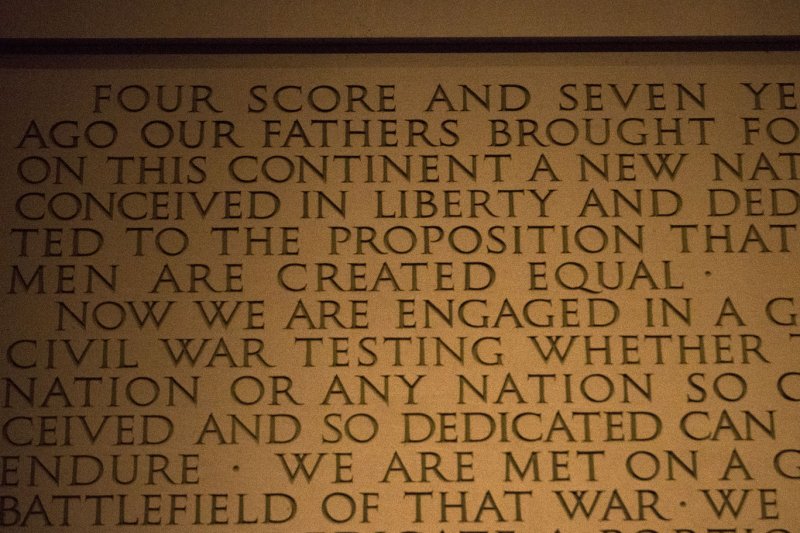It was followed by a retraction in standard form: "In the editorial about President Abraham Lincoln's speech delivered Nov. 19, 1863, in Gettysburg, the Patriot & Union failed to recognize its momentous importance, timeless eloquence, and lasting significance. The Patriot-News regrets the error."
The 1863 editorial suggested that Lincoln's speech was motivated by party politics. The paper apparently did not have a reporter at the dedication of the National Cemetery at Gettysburg, relying instead on the text of the speeches by Lincoln, Edward Everett, a former Massachusetts governor who had run for vice president in 1860 on the Constitutional Union Party ticket, and Secretary of State William Seward.
Everett, one of the most celebrated orators of the day, spoke for 2 hours, delivering words now forgotten by almost everyone. Lincoln spoke for 2 minutes.
"Our predecessors, perhaps under the influence of partisanship, or of strong drink, as was common in the profession at the time, called President Lincoln's words 'silly remarks,' deserving 'a veil of oblivion,' apparently believing it an indifferent and altogether ordinary message, unremarkable in eloquence and uninspiring in its brevity," the Patriot-News said Thursday.















